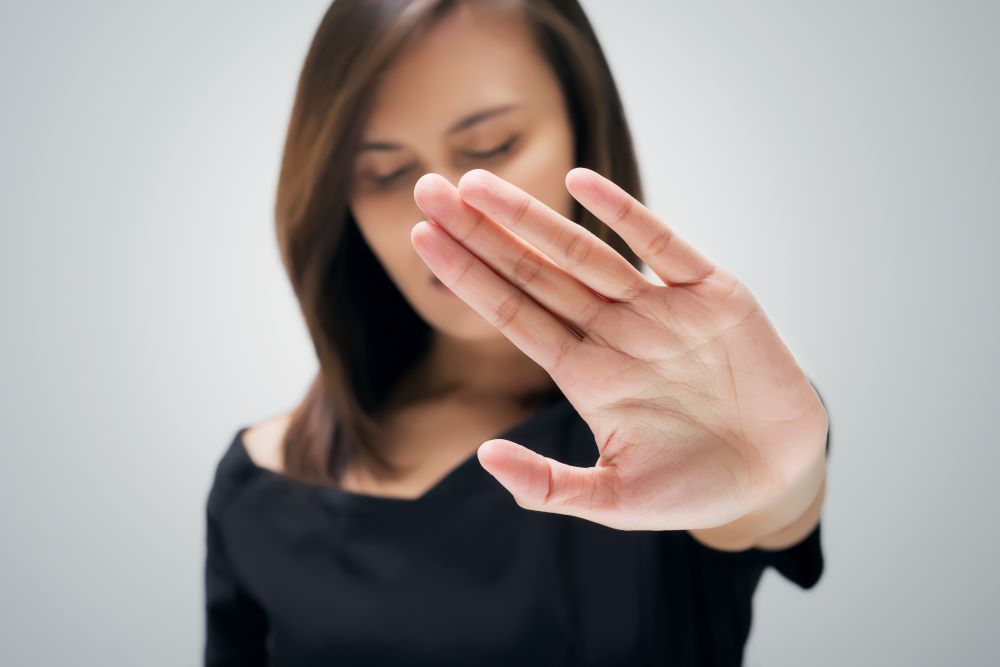Saying no, especially to people we love, can be a difficult task. Most of us are people-pleasers at our core. We say yes to things we don’t really want to do because we want to make others happy. This can often come at the detriment of ourselves. We need to learn to stop saying yes to everyone all of the time. Put yourself first today, stop saying no. Psychology Now’s Sara Niven says that, “Agreeing to everything may keep others happy, but often at a personal cost. Sometimes saying no means saying yes to self-worth.” Our self-worth is the most important thing. Our self-worth translates to health and happiness. You cannot both say yes to everyone around you and still say yes to your recovery. It just doesn’t work. Recovery is putting yourself first. Say no to others so that you can say yes to yourself.
Where Did This Need to Say Yes Come From?
Dr. Harriet Braiker, author of The Disease to Please: Curing the People-Pleasing Syndrome, writes that the desire to say yes to everything and everyone may have started as an attempt to please others and make them happy. However, we’ve taken it to the extreme. It may seem harmless, Braiker says, but this need to please can come at “the expense of your own health and happiness [which] rapidly spirals into a serious psychological syndrome with far-reaching physical and emotional consequences.”
Why Is Saying Yes All of the Time Harmful to Our Recovery?
Saying yes all of the time is harmful to your recovery. For example, if you are working on staying sober but a friend asks you to go to a bar with them, you may feel the impulse to say yes to please them, even though it would be detrimental to your sobriety. They may not know your efforts and dedication to staying sober, so they are probably not purposefully tempting you. This confusion could further your desire to say yes to them. You must, however, not compromise your recovery. This is a situation where it is necessary to say no because saying no benefits you and your sobriety. Respect yourself enough to tell your friend “no, but thank you anyway.”
How Do I Say No?
Niven gives a few tips on how you can say no when saying yes does not benefit you: Avoid rambling
- “Part of the skill of saying no is to shut up afterward and not babble on, offering material for an argument.”
Be firm
- “Be prepared for some people to be taken aback or try to persuade you, particularly if they are used to you agreeing to everything.”
Be positive
- “Saying no to something that isn’t a fit for you means being able to say yes to something that is.”
Give an alternative
- “Suggest something else if there is a compromise that works for you, as long as you don’t end up agreeing to something else that doesn’t.”
Give yourself time
- “If your default response is to immediately agree, say that you need to check arrangements. Just don’t let this turn into procrastination and guilt.”
Start small
- “Like any habit, saying yes to everything can be hard to break. Some people will feel easier to say no to than others, just as some things will — start with these and build up.”
Arbor Behavioral Healthcare can give you the tools to help you say no when it does not benefit you. We want to give you tools for your recovery from an alcohol or drug addiction. Call us today at (844) 413-2690. We can’t wait to speak with you.

